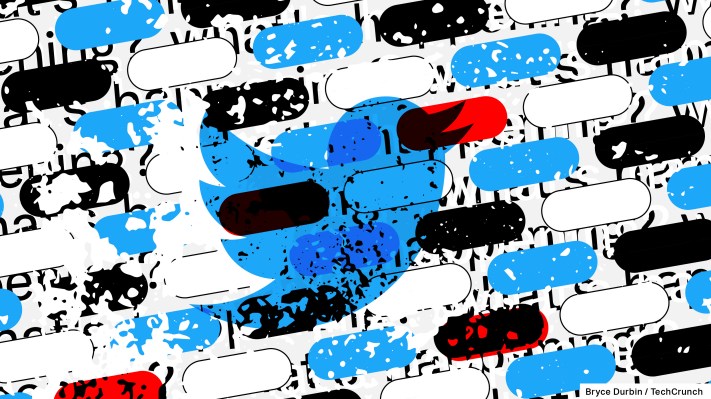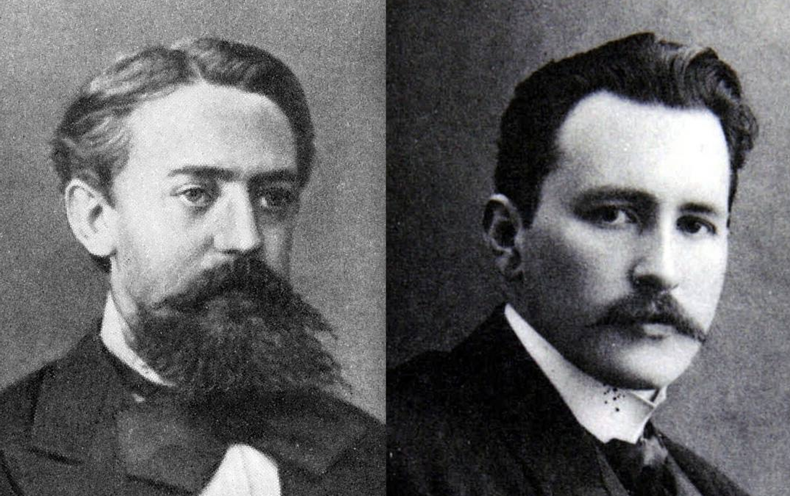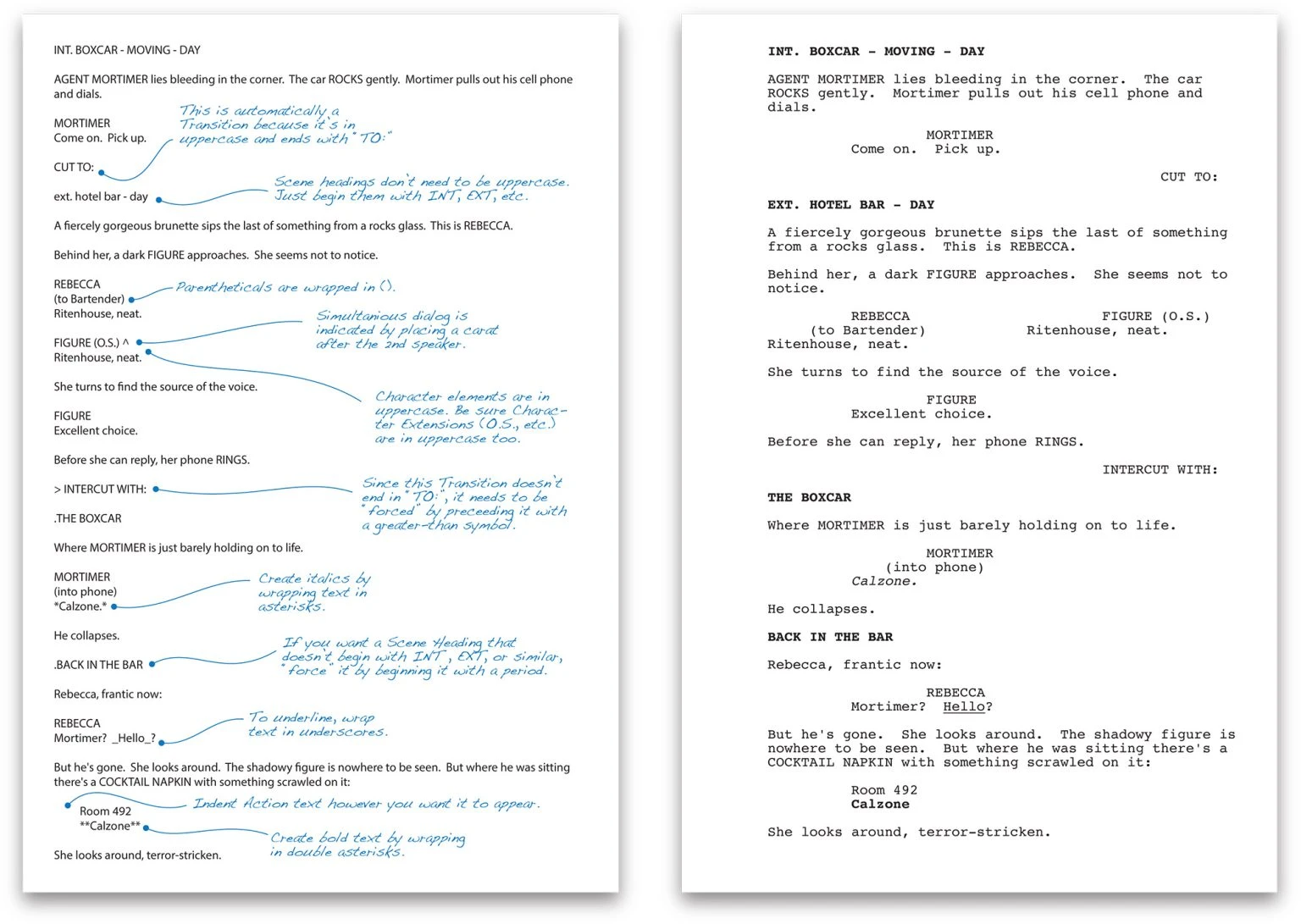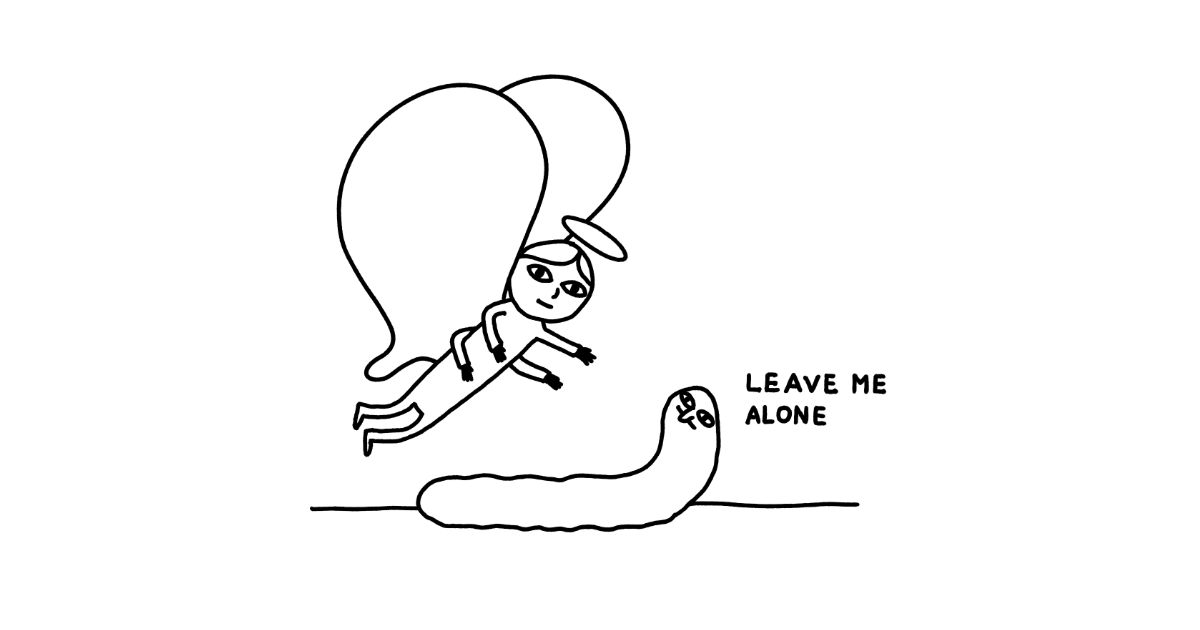Say (or cry) uncle
A It’s always the shortest questions that take the longest to answer. There has been a lot of speculation about this idiom. I am now able, as a result of help from several sources, to provide a clear pointer to where it comes from.
This call by one child for another to submit or cry for mercy — which appears variously as say uncle!, cry uncle! or holler uncle! — is first recorded in print in the US early in the twentieth century. The Oxford English Dictionary’s first example is from 1918, but I’ve found an instance in an advertisement in the Modesto News of California, dated 1912: “This Time it is ‘Martie’ Graves and Don Johns who made them say ‘Uncle.’”
The speculations are ingenious: one from American Speech in 1980 was that “Uncle in this expression is surely a folk etymology, and the Irish original of the word is anacol ... ‘act of protecting; deliverance; mercy, quarter, safety’, a verbal noun from the Old Irish verb aingid, ‘protects’ ”. If that sounds unlikely, try a theory that William and Mary Morris turned up, that it goes back to a Latin expression used by Roman youngsters who got into trouble: patrue mi patruissime “uncle, my best of uncles”. It may be rather more probable that it’s a requirement that the person should cry for his uncle in order to be let free. But why uncle?
Interestingly, the earliest examples — found by Dan Norder — are all in the form of a joke. This has a number of forms which appeared in various US newspapers from 1891 through to about 1907 (and which reappeared in the early 1940s), often on the children’s pages. This is the earliest he has found, from the Iowa Citizen of 9 October 1891:






















